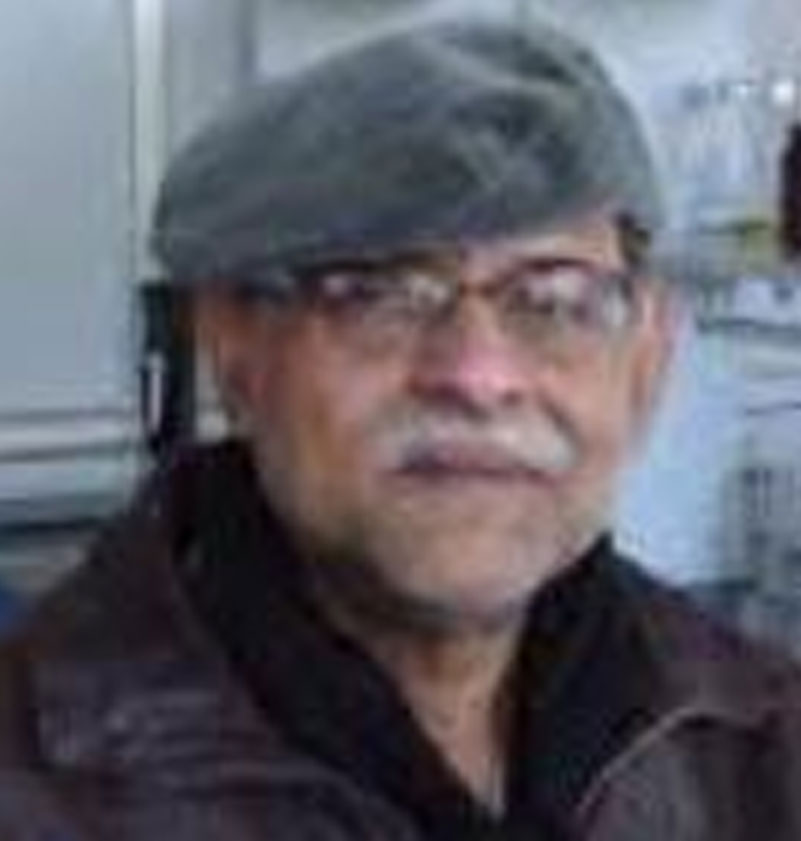The major thrust areas of my group is research into molecular biology and immunology of the human malaria parasites, especially using samples obtained from clinical cases. We have investigated polymorphisms in major candidate vaccine antigens like MSP1 and AMA1, which could have implications in vaccine design. The Apicoplast sequence of Plasmodium vivax from field isolates in India has been published by us.
Studies on known marker genes hypothesized to be involved in drug resistance to chloroquine and Sulphadoxine/pyrethamine have been performed for both the predominant human malaria species. Some of this data has been published
We are enthusiastically involved in formulating and evolving, diagnostic procedures for the human malarial parasites based on the parasite 18s rRNA and 28s rRNA/ rRNA gene. During this, we have also initiated investigations into a novel phenomenon of cerebral malaria and other forms of severe malaria caused by P. vivax and have shown preliminary proof of concept of a microtitre plate based rRNA capture assay. We are interested in further developing different POC formats for rRNA capture for malaria and later extend to other pathogens.
Systems Biology based approaches are in progress to attempt and enhance understanding of molecules at the host- parasite interface, using material from patients infected with Plasmodium falciparum and Plasmodium vivax. Emphasis is on parasite causing severe symptoms in patients such as cerebral malaria, acute renal failure, hepatic dysfunction etc, This work involves translational research starting with patient material, the 2 way process of wet and dry lab approaches which results in formulation of molecular networks insilico. We are confident of generating information leading to the identification and further investigation of new molecules, which would be of importance for therapy, diagnosis and other predictive or preventive approaches.
We are interested in studies with patient derived material for understanding disease modulation through epigenetics and importantly, attempting to understand host parasite cross talk in complicated and uncomplicated disease conditions.
In addition, we have delivered in non-malarial projects, such as the isolation of naturally occurring LAB, characterization of plasmids in these, & identification and evaluation of putative novel promoters with an intention of facilitating vector design.









